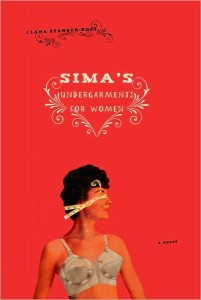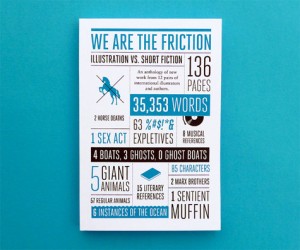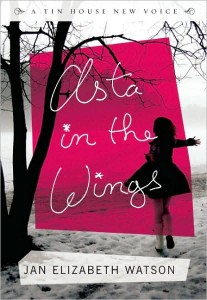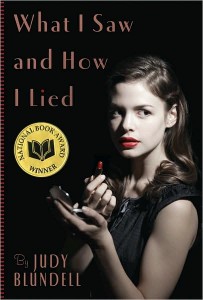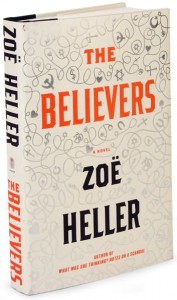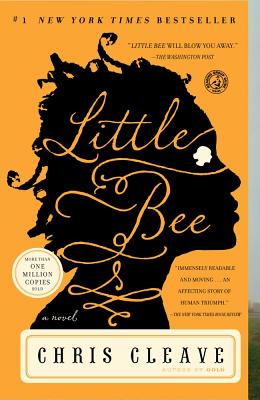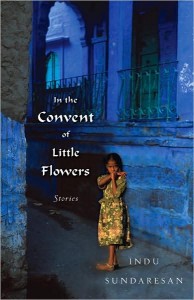Sima's Undergarments for Women, by Ilana Stanger-Ross
by Lee Thomas
In her moving debut novel, Sima’s Undergarments for Women (Overlook, 2009), Ilana Stanger-Ross renders her title character so startlingly real, and with such empathy, that we cannot help but root for her. In the Jewish neighborhood of Boro Park, Brooklyn, Sima and her husband, Lev–both in shuffling middle age–have long accepted (but are forever marked by) the disappointment of not being able to have children. Sima has withdrawn into the world of her shop, away from the shroud of tragedy cast over her marriage. The story begins when a vivacious young Israeli woman, Timna, enters Sima’s shop and changes everything. The story begins when a vivacious young Israeli woman, Timna, enters Sima’s shop and changes everything.

